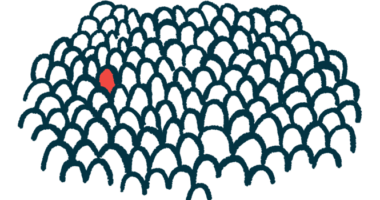Epilepsy Foundation’s Community Day is Virtual This Year

The Epilepsy Foundation’s Community Day, being held virtually this year, will offer patients, caregivers, and advocates the latest information about epilepsy and an opportunity to connect with others.
“Innovation and Action to End Epilepsy,” a free national conference on Aug. 29, will focus on advocacy and a variety of topics related to epilepsy and associated disorders, including Dravet and Lennox-Gastaut (LGS) syndromes.
“Innovation crosses all aspects of our lives and how we drive improvement in quality of life and research for people with epilepsy,” the foundation states on its website. “Action is how we embrace, enact, and embody that innovation to end epilepsy. Both are key to overcoming the challenges of epilepsy and finding the best care and, ultimately, cures.”
Organized by people affected by epilepsy, the event will cover topics that include the future of epilepsy treatment, genes and epilepsy, telemedicine, sudden unexpected death in epilepsy (SUDEP), cannabidiol, and getting involved in community efforts.
The event will be held from 11 a.m. to 4 p.m. EDT. The full Community Day agenda is available here. You may register here, or email [email protected] for more information.
Presenters will include the heads of foundations along with neurologists and other healthcare professionals who specialize in epilepsy, a central nervous system disorder that occurs when brain activity becomes abnormal, causing seizures or periods of unusual behavior, sensations, and sometimes loss of awareness.
Dravet is a rare and severe type of epilepsy that first appears in infancy and is characterized by types of frequent and treatment-resistant seizures that can be triggered by warm weather, fever, or sunlight. The risk of SUDEP — sudden, unexpected death of someone with epilepsy who was otherwise healthy — in Dravet is 15 times higher than those with other types of childhood-onset epilepsy.
In Lennox-Gastaut syndrome, a severe form of childhood epilepsy with multiple types of seizures, intellectual development almost always is impaired. About 2% to 5% of children with epilepsy have LGS, which usually persists to adulthood.
The Epilepsy Foundation works to help patients overcome day-to-day challenges, and to accelerate the development of therapies and cures.






